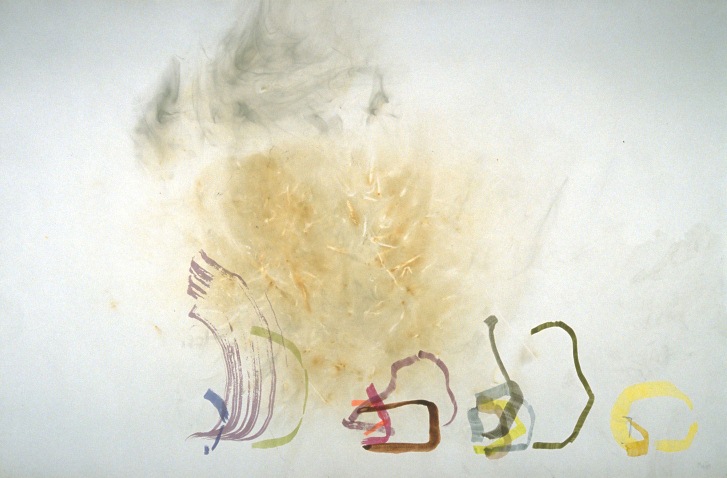Tuesday, late morning - and Cleo's still living the holiday dream, as we're parked at a Frederick mall, where L., Cleo, and a hundred other little folks dressed in rainbows and sparkles are taking in an early matinee showing of Frozen, Disney's latest. And why not, after all? There has always been a pleasant loosening of structures, a relaxation of obligations, around this time of year. The peasants looked for the bean in their cake, and ironically called their farmer neighbor king; we savor the closure of our schools' doors, and think about what it would mean to be a princess with an icy gift.
Not that we haven't enjoyed gifts ourselves. We have - and many, and rich ones. The past week offered a stream of happy moments with grandparents, in settings that were often warm or affirming. Cleo laid a rose on her great-grandparents' grave in Arlington National; she savored a plate of fries and fell asleep in the boisterous Christmas evening roar of a French bistro; she enjoyed a sleepover with one set of grandparents and an enactment of the adventures of the three billy goats gruff with the other. And, of course, she was plied with wrapped packages that revealed presents that were generous, creative, and full of promise.
L. and I enjoyed a similar fortune, and so it was in a car slightly weighed down with baked goods, new books, handsome clothes and resonant memories that we set out on an intentionally indirect route home. We visited friends in Winston for dinner, and watched with mild awe as a truly accomplished game of hide and seek took shape without a drop of input from parents. We stayed a night in Roanoke, where an indoor pool and hot tub offered a perfect destination for a blustery early morning. And we bowled a game in Winchester's vast facility, learning in the process that while princesses may have many talents they cannot compete with Viking superheroes in tenpin.
Along the way, in idle half hours and during nap times, I read one of my gifts. Caleb Crain's appealing Necessary Errors is a first novel, and it juxtaposes, in patient detail, the evolution of Prague in the early 1990s and the flowering of a young gay American's sexuality. And while I never spent any time in the equivalent of the T-cafe, I naturally found - as an American who lived in Czechoslovakia in 1992-3, and certainly discovered much about himself in that time - much of relevance in Crain's book. Above all, though, it was perhaps his evocation of a mood characterized by a simultaneous waiver of rules and a basic imminence that felt powerfully familiar. Yes, both Jacob and I sensed that our time there would be short, rather than measured in decades, and both of us wound up returning to graduate school. While abroad, though, both of us understood, on some level, that we were experiencing a freedom and a sort of international generosity that would be difficult to find again, and impossible to repay.
Such a sense took various forms, but one of its most natural manifestations is, I think musical. There are several moments in Crain's novel in which the narrator encounters, unexpectedly, music - music that is both unexpected and ephemeral. The horn players set up in the club; the gypsies play in the shadow of the train station. The music is diverse, and appealing, and moving - and always, also, temporary.
So you can see, perhaps, why the novel made a certain sense to me over the past week. It has been a decade since I was in Prague. But it's only been a few days since I experienced a comparable music, in the form of the irrational and wonderful love of grandparents and friends. Our time is short, and the dull dictates of holiday schedules make that point clearly. Yet another year is about to come to an end. And yet, how simply remarkable it is that we had a year together - years together, in fact - in which to share, to give, to see the castle and to sail under the bridge.
Indeed, it seems that against all odds we may soon have another. Thanks for reading. And a very happy 2014 to you.























.JPG)












.JPG)








